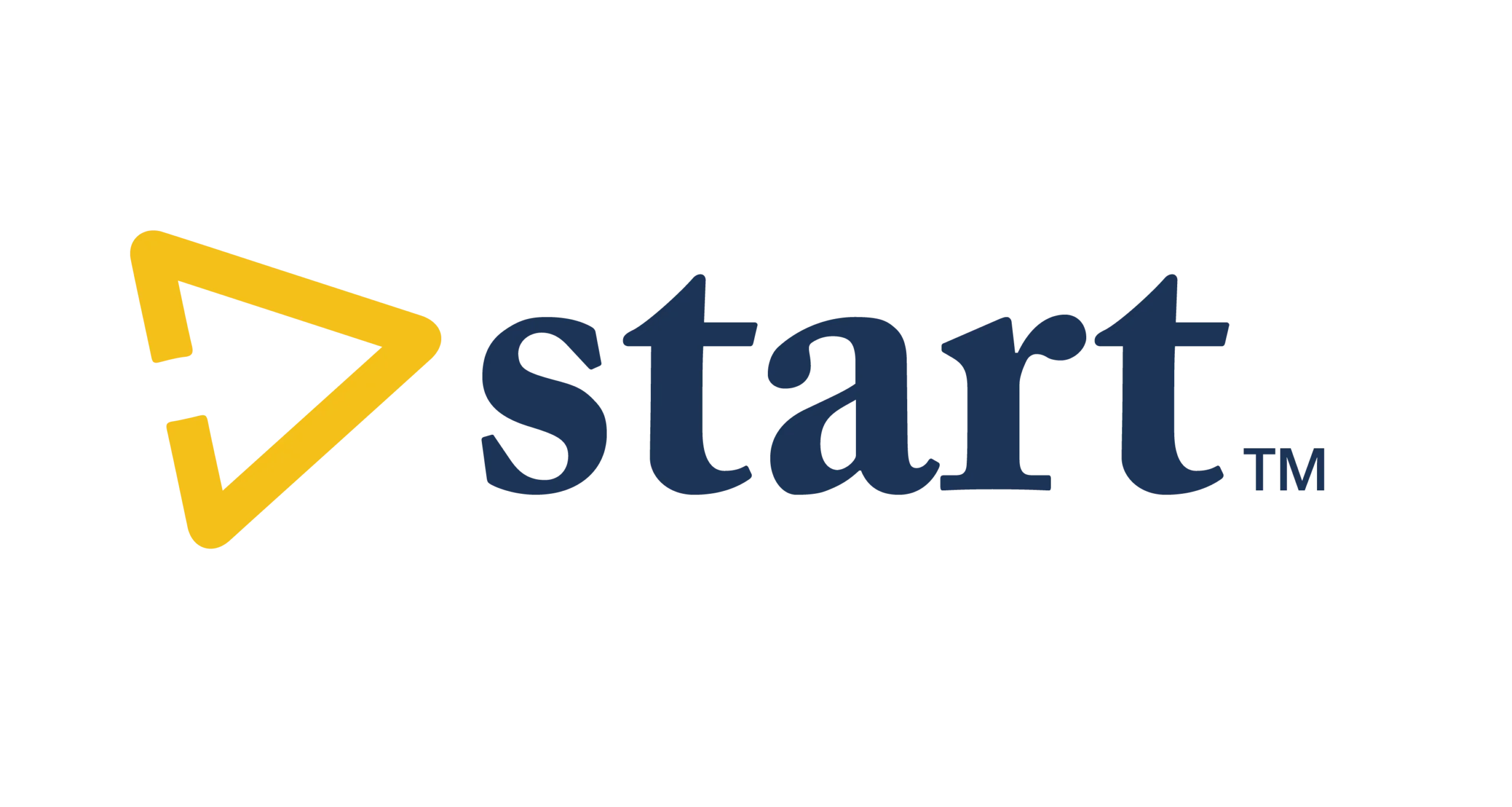
In the realm of employer-sponsored healthcare benefits, Health Savings Accounts (HSAs) and Health Reimbursement Arrangements (HRAs) have emerged as popular options and provide employees with more control over their healthcare expenses. Both HSAs and HRAs offer unique advantages, but when it comes to empowering individuals to take charge of their healthcare costs and plan for the future, HSAs shine with their distinct advantages.
HSA and HRA Comparison
- Health Savings Account (HSA): An HSA is a tax-advantaged savings account paired with a high-deductible health insurance plan. Employees and employers can contribute to the HSA, and the funds in the account can be used to cover qualified medical expenses. HSAs are owned by the individual, allowing them to retain ownership even if they change jobs. Contributions are tax-deductible, earnings grown tax-free, and withdrawals for qualified medical expenses are tax-free as well.
- Health Reimbursement Arrangement (HRA): An HRA is an employer-funded account that reimburses employees for eligible medical expenses. Employers decide on the contribution amount, and employees can access the funds when they incur medical expenses. Unlike HSAs, HRAs are owned and controlled by the employer, which means that if an employee leaves the company, they may lose access to the HRA.
Advantages of HSAs
- Ownership and Portability: One of the significant advantages of HSAs is that the account is owned by the individual. This ownership provides portability; even if an employee changes jobs or retires, they can still maintain and use their HSA funds for medical expenses. This long-term ownership encourages individuals to save and invest in their health for the future, fostering a sense of financial security.
- Triple Tax Advantage: HSAs offer a unique triple-tax advantage. Contributions are tax-deductible, reducing the individual’s taxable income. The funds within the HSA grow tax-free through investments. Moreover, withdrawals for qualified medical expenses are tax-free. This combination of tax benefits makes HSAs an excellent tool for both immediate healthcare needs and long-term savings.
- Investment Opportunities: HSAs often provide investment options once a certain balance threshold is reached. This means that individuals can grow their HSA funds over time by investing a variety of assets such as stocks, bonds, and mutual funds. This feature transforms HSAs into vehicles for building substantial healthcare savings over the years.
- Incentive for Cost-Conscious Choices: The high-deductible health plans associated with HSAs encouraged individuals to make cost-conscious decisions regarding their healthcare. When people are more aware of the cost of medical services, they are more likely to research alternatives, opt for preventive care, and negotiate prices, contributing to overall cost savings.
- Long-Term Planning: HSAs are not limited to immediate medical expenses. As individuals age, healthcare needs tend to increase. HSAs provide an avenue for people to accumulate funds for future medical costs, including those associated with retirement and medical premiums.
Advantages of HRAs
- No Contribution Requirement: Unlike HSAs, where employees are often required to contribute a portion of their salary, HRAs are solely funded by the employer. This can be especially beneficial for employees who may not have financial flexibility to contribute to an HAS.
- Coverage of All Employees: HRAs can be extended to all employees regardless of whether they have a high-deductible health plan. This makes HRAs a more inclusive option, ensuring that all employees can benefit from employer-sponsored healthcare assistance.
- No High-Deductible Requirement: While HSAs require a high-deductible health insurance plan, HRAs can be paired with a variety of health insurance options, including plans with lower deductibles. This provides employees with more flexibility in choosing the health insurance plan that suits their needs.
- Flexible Plan Design: HRAs offer employers more flexibility in designing the plan to cater to the specific needs of their employees. Employers can customize the coverage reimbursement rates, and eligible expenses based on the demographics and healthcare requirements of their workforce.
- Simplified Employee Experience: HRAs typically involve simpler administration for employees. Employees submit their eligible expenses, and the employer directly reimburses them from the HRA funds. This straightforward process can reduce the administrative burden and ensure quicker reimbursement for employees.
Conclusion
While both Health Savings Accounts (HSAs) and Health Reimbursement Arrangements (HRAs) offer valuable benefits for managing healthcare expenses, HSAs stand out with their unique advantages. The ownership and portability of HSAs combined with the triple tax advantage and investment opportunities, empower individuals to take control of their healthcare costs and plan for a more secure future. As the landscape of healthcare benefits evolves, HSAs continue to play a crucial role in promoting financial wellness and responsible healthcare decision-making.
Sources:
Investopedia
